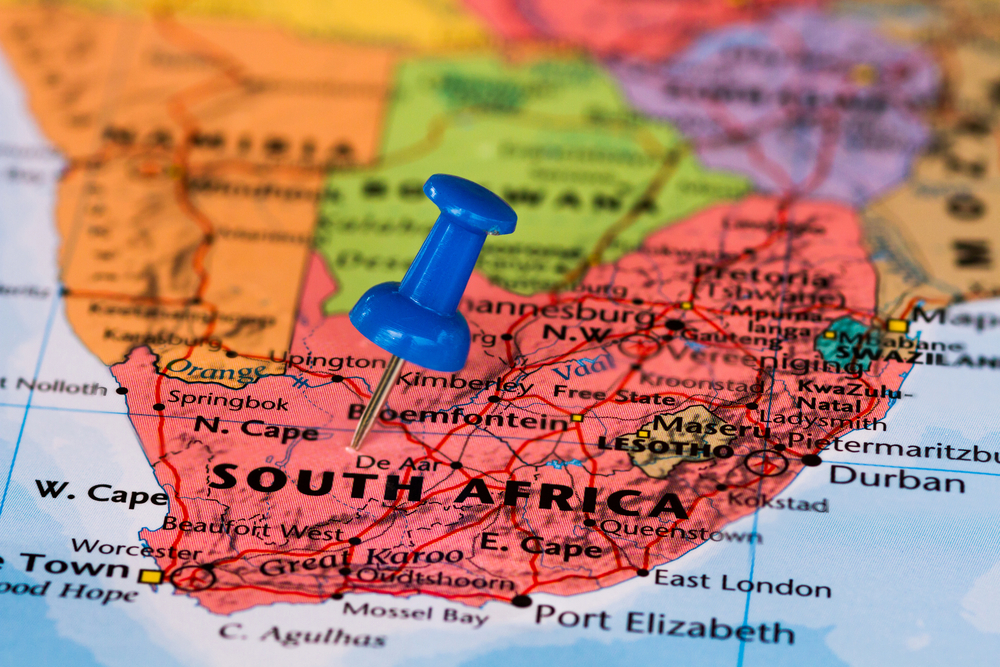Botswana – a country in Africa – is becoming a regular bitcoin hotspot. Over the past several months, residents of the nation have regularly turned to the world’s number one digital asset for their daily financial needs, and many businesses are making it easier for them to do so by saying “yes” to crypto payments, though there are still several barriers to overcome.
Botswana Is Becoming a Regular BTC Hub
Botswana is located within the southern central region of the African continent. The country has a rather small population, but this hasn’t stopped the Satoshi Center – a bitcoin firm dedicated to enabling payments and making BTC transactions easy for everyday purchases – from setting up its headquarters within the area’s borders. In addition, Gaborone – the capital of Botswana – is now home to a bitcoin ATM. Thus, the country is coming along quite well in many ways.
Other benefits? Residents can now take care of things like medical treatment with bitcoin and crypto given that the Shahdara Clinic – a private hospital in the country – has agreed to accept bitcoin as a method of payment. The firm is the first official medical facility in the world to do this.
The clinic is led by Dr. Donald Ariisa, who stated in an interview:
Bitcoin and the blockchain technology are new and volatile. As an early adopter, I hope to convince the Botswana populace of its viability.
The country has also been privy to a solid bitcoin push from its president Mokgweetsi Masisi, who was recently quoted as saying:
It is more imperative than ever for Botswana to expand her economy beyond exporting diamonds and metals.
Many analysts have taken this as a sign that the nation is opening to cryptocurrencies like BTC, but there are still issues to resolve. For one thing, Botswana lacks bitcoin and cryptocurrency regulation, meaning things aren’t as safe as they could be. In addition, while bitcoin payments are becoming gradually accepted within the region, Botswana is not home to any local cryptocurrency trading platforms or exchanges, meaning many of the citizens do not have viable ways of getting their hands on digital assets.
Some Things Need Fixing
Furthermore, the Botswana government has yet to officially adopt bitcoin as a currency, and banks do not provide any sort of cryptocurrency service to customers, meaning that many residents will have to resort to peer-to-peer (P2P) enterprises outside the region to obtain BTC, which may be difficult given that several of these companies and firms have jurisdictional limitations.
Right now, it seems like the only true way for anyone in Botswana to obtain bitcoin and other forms of crypto is through that initial ATM based in the country’s capital. This wouldn’t be so bad except that the kiosk charges 15 percent commission, meaning traders usually wind up with a lot less money should they agree to engage in purchases.



